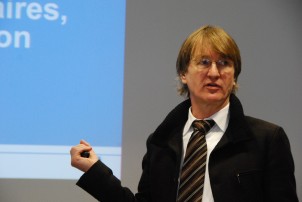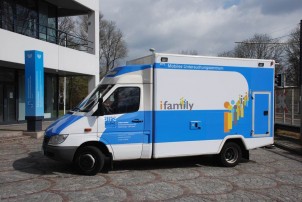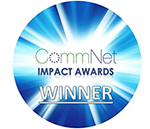Making your comms innovations count
As we enter our final year of the I.Family Study, it’s a great chance to take stock of where we are and what we hope to achieve during this last stretch, across all areas of the project.
As head of the Cascade Platform (communication and dissemination), my job is not only to promote and share information about the project – such as by writing pieces for our website! – but also to help others with getting their voices heard across whatever capacity they need.
In I.Family our researchers work on highly topical material – childhood overweight and obesity continue to make headlines across the globe, so our investigations into determinants of food and lifestyle choices in early life and adolescence remain relevant and timely. But being able to communicate findings is vital if they are to be understood by the non-expert and impact the wider landscape of obesity and childhood health research.
At our General Assembly in Majorca last month I was asked to deliver some media training for I.Family’s Young Researchers (YRs), many of whom are not experienced in sharing their stories with journalists. Our aim was to help them identify what they wanted to say and how they could say it, to deliver an ‘interview with impact’ and get the best exposure for their results and the project overall.
Whilst there were understandably some nerves before stepping in front of the camera, all the YRs performed brilliantly; it’s not always easy to think and speak under pressure, after all – particularly when English is a second language. Even our seasoned project co-ordinators, who joined the training session, admitted to nerves. But the experience of being interviewed and recorded will prepare our researchers well as we move towards our final project conference next year at the International Press Centre in Brussels and other events along the way, such as ESOF (European Science Open Forum) in Manchester, UK, this July, to be attended by many journalists.
Skills in communication are often underrated with hard science and results top of mind. But learning the importance of communication, and particularly how to deliver it concisely and with maximum engagement and impact to a variety of audiences (not just the media), is vital for all publicly-funded researchers if they are to demonstrate value-for-money and safeguard the legacy of their work.
by Rhonda Smith, Director of Minerva Communications and Leader of Work Package 9 (Cascade Platform)







